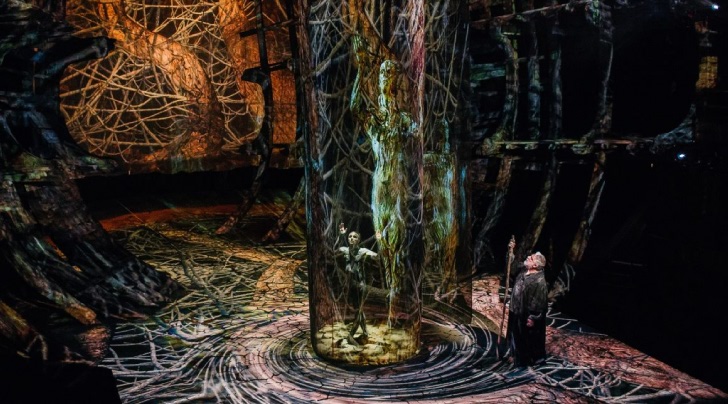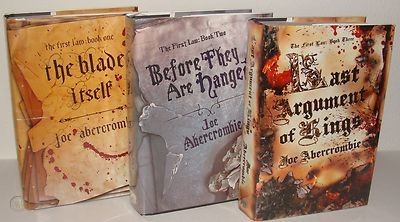“Something is rotten in the state of Denmark” – this catch phrase from Hamlet means that something is wrong in the situation. I say something was wrong with me if I didn’t take interest in Shakespeare until half a year ago. Did I think his works were too irrelevant, not worth the effort? Was I intimidated by the prospect of failing to grasp half a play or a film? Was I resisting the inner nagging that an English teacher must know beyond “Romeo and Juliet”?
Yes, yes, yes. Away with that nonsense! Shakespeare was a remarkable storyteller, and his stories, just like the Greek Myths, have permeated the collective cultural subconsciousness of the Western world to such an extent that we know them even if we think we don’t. Recognition of the heroes and their trials and tribulations was my first step to appreciating Shakespeare’s works.
Jealous Othello, mad King Lear, lost Othelia, self-scrutinizing Hamlet – watching their stories was like visiting Spain’s Alhambra after having seen it on postcards umpteen times. Living and breathing they speak to you in the 16th-century tongue, but still are able to touch your heart just as they did 400 years ago.
So far I’ve seen fourteen plays out of the thirty-six works of the Bard. And now I realize why he is THE BARD.
His plots are driven by action and packed with emotion. The number of deaths in the tragedies may compete with modern thriller films, and the pace of witty remarks in the comedies surpasses present-day stand-ups. My favourite comedy The Comedy of Errors has so many funny scenes in quick succession that you get no breather from laughing. The Merchant of Venice – a play that fits neither the genre of comedy nor of tragedy – surprises with a set of characters so controversial, so provocative that you cannot but ponder about them long after the play finishes. And The Tempest mesmerises you with all the magical elements weaved into the narrative.

Tempest 
The comedy of errors 
The merchant of Venice
Modern theatre does marvels for Shakespeare works. Actors speak their lines with such intonations, pauses and gestures that they make even the hardest of monologues comprehensive. This is not to say that Shakespeare’s text does not abound in old-fashioned words, but the acting helps to grasp their meaning. Moreover, original lines get slightly shortened and some particularly obsolete words get replaced. The stand-out production in this respect is Hamlet with Andrew Scott, in which the directorial intention was to create an effect as if the characters speak a colloquial language (preserving the original text). There’s no pretentiousness or pomp, but genuine conversation.

What impresses me most are innovative interpretations of Shakespeare’s plays. Contemporary theatres use technology for special effects and amazing stage settings to make the plays more engaging and dynamic. But the biggest surprises come from changing the gender of certain characters. When you watch A Midsummer’s Night Dream you expect to see the queen of the fairies fall for the donkey-man (and yes, it’s very much recommended to read the plot summary before watching a play, it saves the worry of missing something and makes you focus on more interesting things), but in the recent production, it was the king who got fooled. Oh, how good it felt, how hilarious it was, how provocative. Another example is Twelfth Night, where the stuck-up steward Malvolio became a she, Malvolia, which led to a number of surprises and had people rolling in the aisles.
As I mentioned before, Shakespeare’s stories are not alien to us because they have been recounted multiple times in multiple forms: films, musicals, science fiction movies and literary transformations. One of the recent projects, and the one I’m interested in, is Hogarth Shakespeare, which invites modern acclaimed authors to retell Shakespeare’s works following their personal artistic vision. Eight works have been published already, and the most appealing to me is the interpretation of The Tempest by Margaret Atwood – Hagseed. I’d like to find out how she handled the task of setting the play in modern times.
I am immensely happy to have gone down the route of exploring Shakespeare’s works. It has filled my literary life with fascinating plots, amusing dialogues and food for thought (not to mention a shower of exquisite vocabulary).
- Неожиданное значение Present Perfect! - 17.01.2023
- moxie/pizazz/shenanigans – Oliver speaks (Only Murders in the building) - 17.01.2023
- In Passing/Pass/Pass by - 08.01.2023










